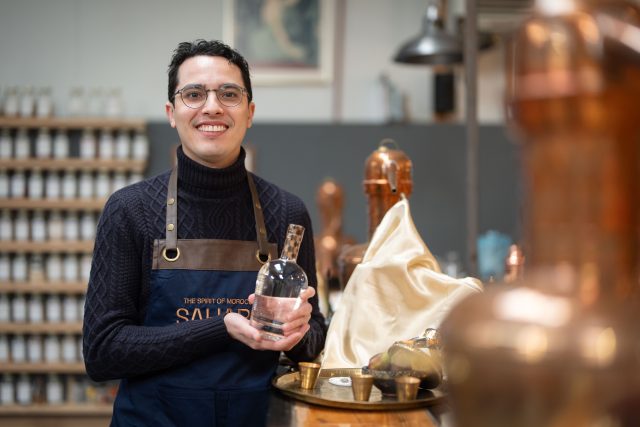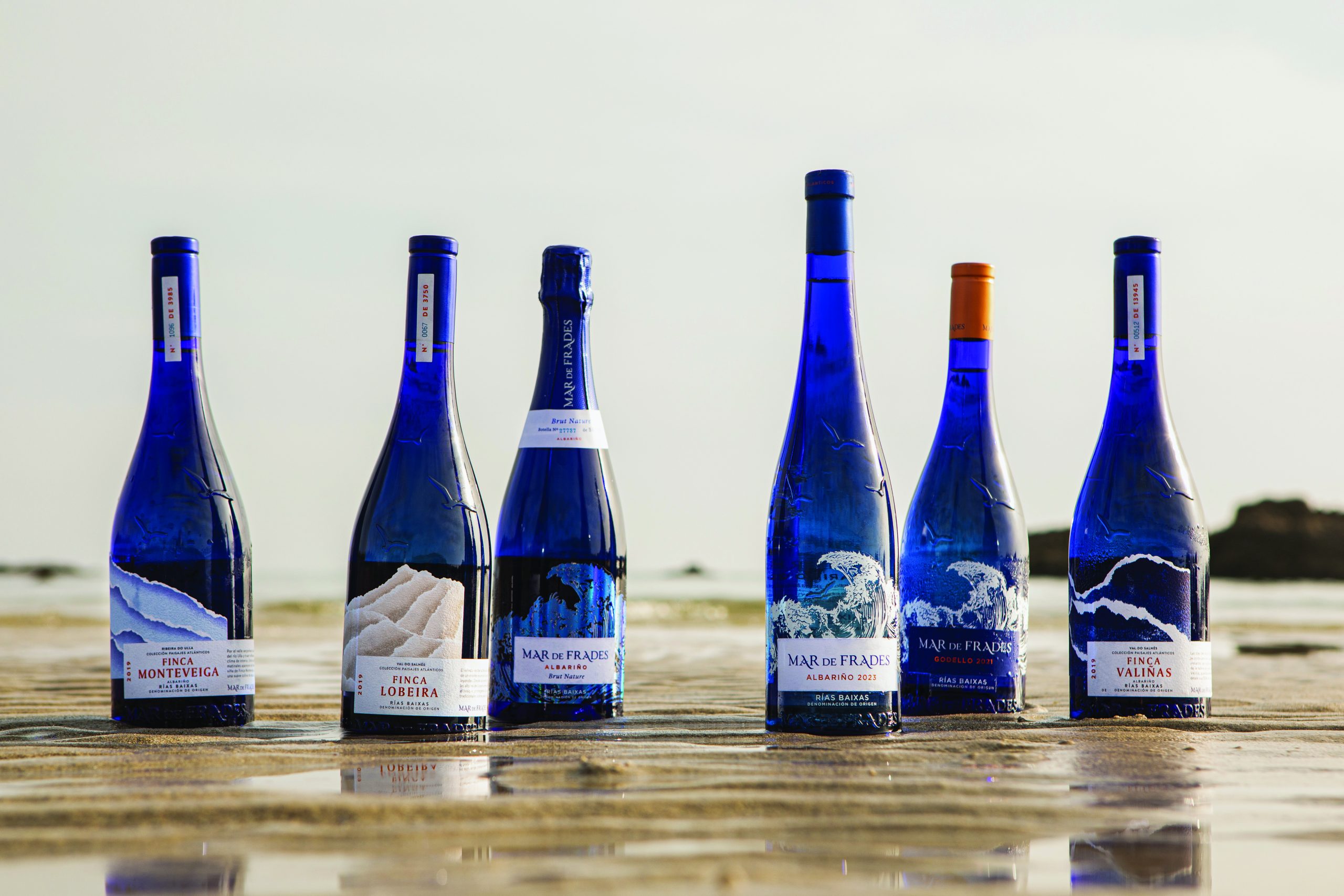Reviving Morocco’s spirit: The introduction of Mahia to the UK market
The UK drinks market, known for its embrace of diverse and premium spirits, is set to welcome a unique addition to its repertoire: Sahara, a reimagined Mahia.

This Moroccan spirit, rich in tradition and cultural significance, is being reintroduced to British consumers by Sahara, the brainchild of founder Omar Oualili (pictured).
Mahia, which translates to “water of life” in Moroccan Arabic, is traditionally made from figs or dates and infused with aniseed. Historically associated with Morocco’s Jewish communities, it symbolised the country’s rich cultural diversity. However, over the years, production dwindled, and Mahia’s reputation was tarnished by substandard, informal versions.
Recognising an opportunity to share Mahia’s story with a global audience, Oualili set out to revive the spirit and adapt it for contemporary tastes. Speaking on its cultural legacy, he told db, “With fewer Jewish families in Morocco, Mahia production declined. In recent years, the spirit became rare to find, or worse, entangled within informal productions.
“Luckily, Mahia holds a long-lasting cultural significance in Morocco, as it is a testament to the diverse and tolerant environment the country and its people are known for.”
Honouring tradition, embracing modernity
Sahara’s introduction to the UK market seeks to honour Mahia’s heritage while catering to contemporary preferences. The recipe has been subtly refined, balancing tradition with innovation.
“By adapting the traditional recipe – reducing the aniseed flavours and enhancing the fruit notes, all without added sugar – we’ve crafted Sahara to offer a refined and authentic experience that aligns with contemporary tastes,” said Oualili.
Oualili, a Moroccan living in the UK, also sees this as an opportunity to deepen the cultural exchange between the two nations. “I witness a strong desire from the British public to engage with Morocco, either through tourism, food or culture. So why not alcohol too?” he added.
Partner Content
Overcoming challenges
Despite its Moroccan origins, Sahara is produced in Scotland – a decision driven by regulatory and infrastructural challenges in its homeland. Oualili explained, “Producing Mahia in Morocco presents several challenges, primarily due to limited alcohol production capabilities and regulatory constraints.
“[Our] approach seamlessly blends Scottish expertise with Moroccan taste, allowing us to maintain the authenticity of Mahia while adhering to international quality benchmarks,” he continued.
This blending of traditions positions Sahara as a versatile spirit. While Mahia is traditionally enjoyed neat as a digestif, it also serves as an excellent base for innovative cocktails. Signature creations like The Sandstorm – a mix of Sahara, apricot liqueur, almond syrup, and soda water – and Le Mirage Royale, a Moroccan twist on the Martini, highlighting its adaptability.
“In the on-trade sector, mixologists can craft innovative cocktails that showcase Moroccan-inspired creations using Sahara’s distinct character,” said Oualili. “In the off-trade market, consumers can embrace the mirage of their adventures right at home with Sahara, either neat or as part of our simple cocktails to make at home.”
Currently available in the UK at an RRP of £42, Sahara has ambitious plans for growth, targeting markets in France and Morocco alongside its UK debut. Oualili sees a future where Sahara becomes a staple in cocktail menus across the UK.
“We want to bring Morocco (and by extension, Africa and the Middle East) to every cocktail menu in the UK,” he said.
By reviving Mahia for a modern audience, Sahara is poised to carve out a unique niche in the UK’s competitive spirits market, showcasing the untapped potential of a region often overlooked by the industry.
Related news
Global spirits groups escalate legal battles in India




